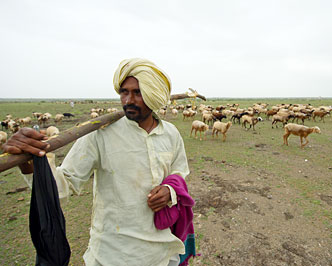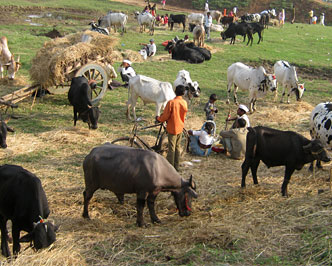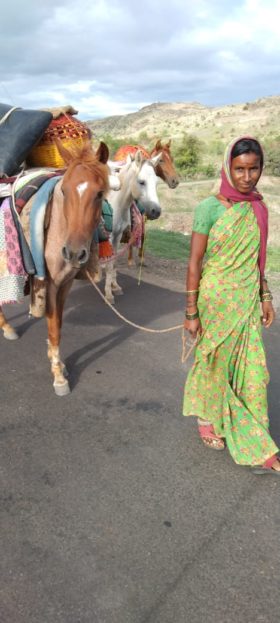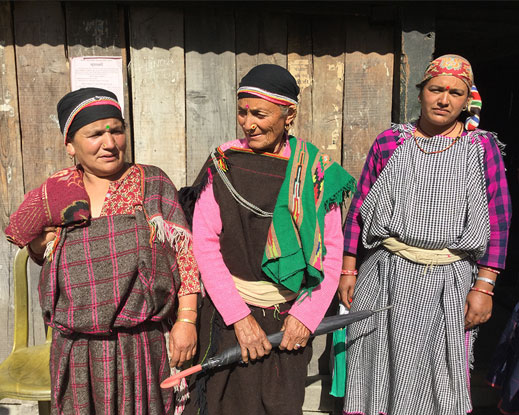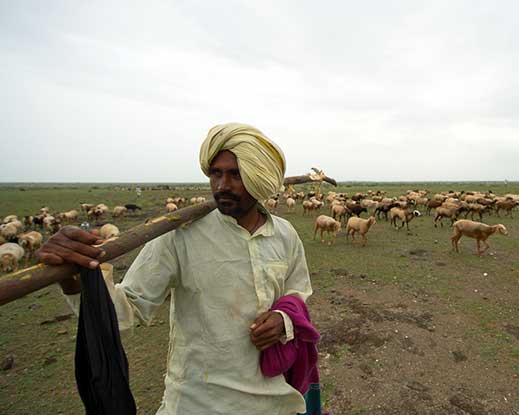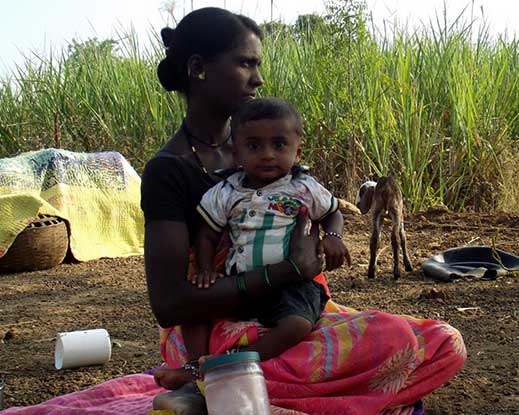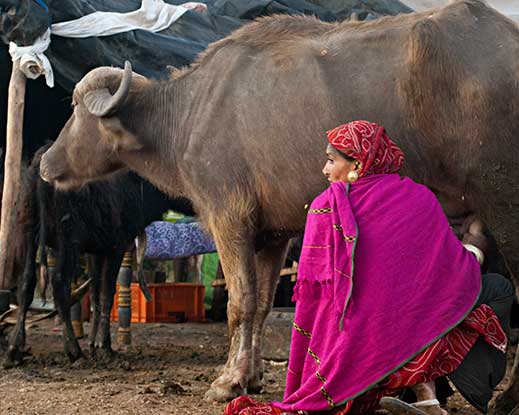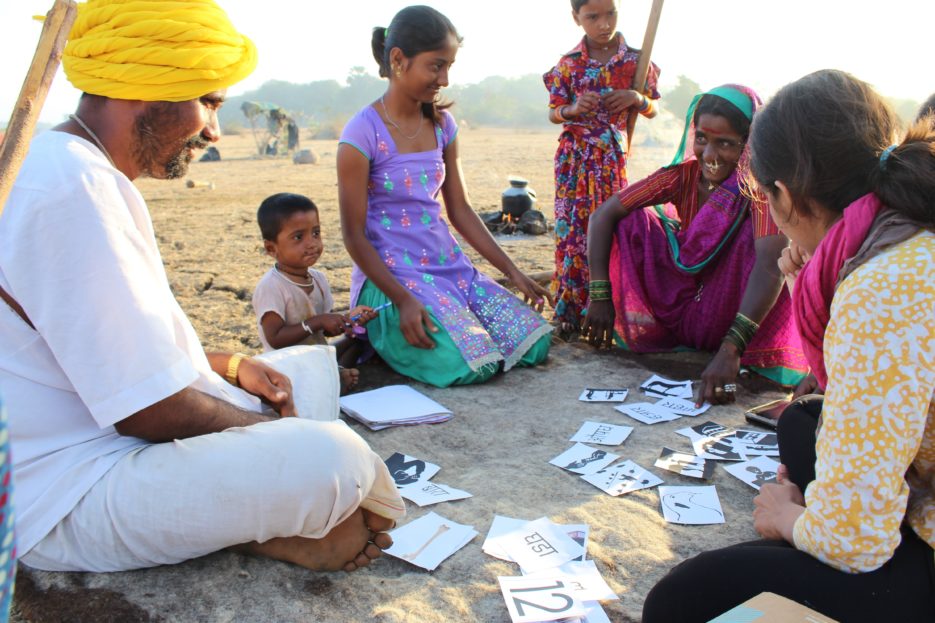One Health

We believe there is an artificial separation of livestock care and human medical care; livestock rearing communities do not necessarily view these as two separate streams
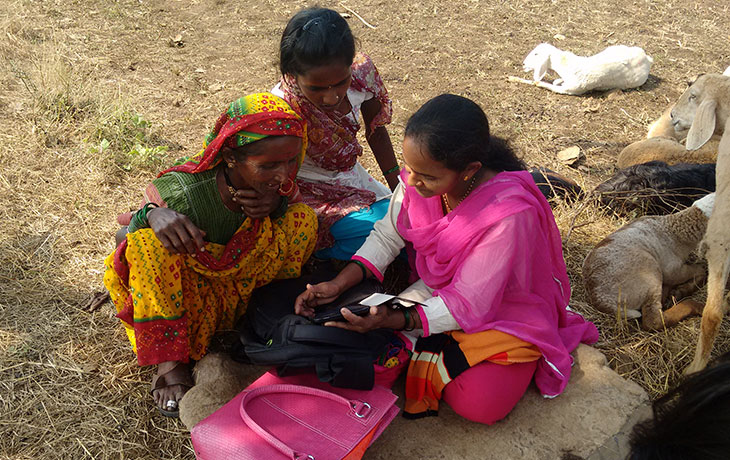
i. Livestock Health, Ethnoveterinary Studies and more
Livestock disease is one of the biggest challenges facing the livestock sector. In addition to leading to loss in production, it is also of enormous public health concern both to producers who live in close proximity to animals as well as consumers who consume and utilize livestock products. In developing countries, and especially in rural areas, limited and expensive veterinary health care is a major cause for low productivity of livestock.
Poor farmers are the most affected by general challenges in livestock healthcare as they do not have the means to access expensive or sophisticated veterinary care. Yet, there is a vast repertoire of indigenous knowledge based on ethnoveterinary and management practices, which has the potential to address some of the health-care problems on a local and low-cost basis. At Anthra, we have worked for over 20 years documenting, validating and disseminating these practices amongst several groups across the country and abroad.
At another level, recent studies have shown that maternal and child health in Maharashtra’s pastoralist communities suffers because of challenges of accessibility due to mobility and distance from health centers and socio-cultural factors such as education, status of women, and traditional views and practices. At Anthra, we are newly committed to improving maternal and child health in pastoralist communities through approaches that address factors of mobility and education head-on through the use of mobile outreach strategies.
We believe there is an artificial separation of livestock care and human medical care; communities do not necessarily view these as two separate streams. Thus, a key component of Anthra’s approach is to actively ally resources in human and livestock health.
ii. Reducing Chemicals in Animal Care
While Ayurveda and the use of plants for treating human beings is well known, comparatively less is known about the sister science of treating animals with plants. With the growing concern of excessive use of contaminants and the resulting residues in food products including those of animal originsuch as milk, meat, and eggs, the use of safe plant derivatives for treating animals is gaining prominence.
Since 1996, Anthra has worked intensively with different rural communities in Andhra Pradesh and Maharashtra in India on an action research project to document, research and socially validate local animal health care, feeding and management practices. Some of the key findings of this research are available in:
- Ethnoveterinary Research in India: an Annotated Bibliography
- Plants Used in Animal Care
- Indigenous KnowledgeApplications for Livestock Care



